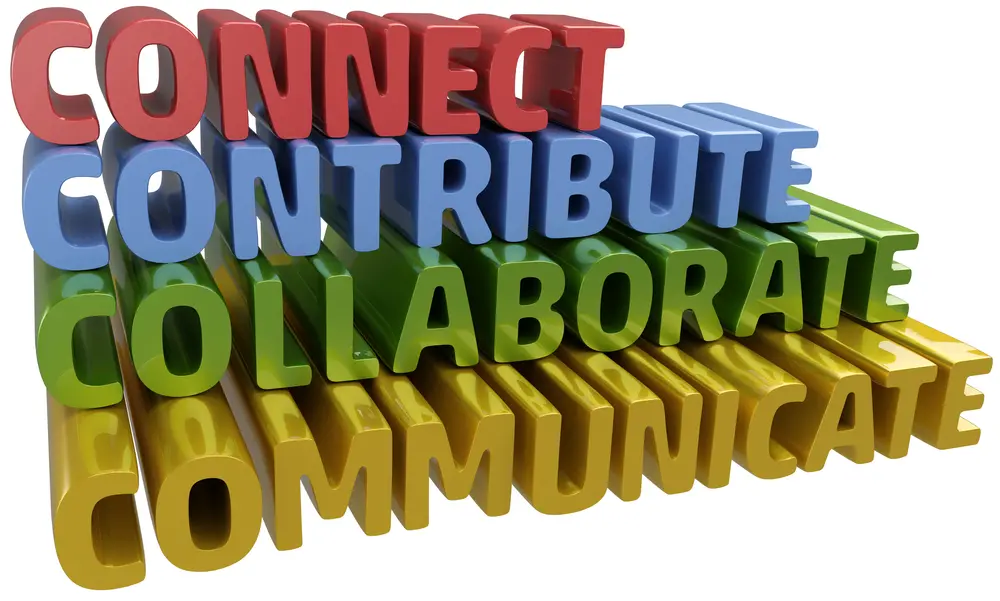Collaborative Divorce: Advantages of Having a Communication Coach~ 3 min read
One of the primary causes of divorce is a breakdown in communication between spouses. You and your spouse can’t hear what the other is saying anymore. One of the advantages of a Collaborative Divorce is that part of the team includes a mental health neutral, who serves as a communication coach to help both sides hear and understand what the other is saying.
Here’s how having a communication coach can be a game-changer for you and your spouse during this difficult time.
Facilitating Productive Discussions
One of the most significant advantages of having a communications coach is their ability to facilitate conversations between you, your spouse, and your attorneys. When emotions run high, it can be difficult to stay focused on the issues at hand. The communication coach helps the conversations to be productive, steering discussions toward solutions rather than getting caught up in the past. They help set the agenda for meetings, keep the meetings on track, and make sure everyone has a chance to express their views.
Addressing the Emotional Barriers
Divorce often brings a lot of emotional baggage, from feelings of betrayal and mistrust. The communication coach works with you and your spouse both separately and together to address these emotional hurdles. By meeting with you outside of formal team meetings, they help you deal with these emotions in a private setting, leaving the collaborative sessions to focus on legal and financial issues. This allows the entire process to move forward more smoothly, avoiding unnecessary delays caused by emotional conflicts.
Improving Communication Styles
A communications coach can also help you and your spouse better understand each other’s communication styles. Couples often reach the point of divorce because they have been speaking past each other for years. A coach can identify where these miscommunications happen and offer guidance on how to phrase things differently. Whether it’s through joint or separate sessions, the coach can help bridge the gap between you and your spouse so that both sides feel heard and understood.
Saving Time and Money
Legal proceedings can be expensive, and not all issues require attorney involvement. If you’re discussing things like child-related issues, day-to-day decisions, or even emotional healing, the communication coach can handle these matters without involving the attorneys. This not only saves you money but also ensures that your legal team is focused on the critical aspects of your divorce. A coach helps reduce the need for lengthy discussions that can drive up legal fees.
Moving Forward with Clarity
When communication is a challenge, progress can feel impossible. The communication coach can offer alternative perspectives and solutions that may not have been considered. Their ability to help you and your spouse communicate more effectively can make the entire collaborative divorce process faster and less stressful.
The role of a communications coach goes beyond simply moderating conversations. They help you and your spouse move forward with greater understanding, respect, and clarity, ultimately benefiting your emotional well-being and your divorce outcome.
Contact Family Ally
If you’re facing a divorce and looking for support in managing communication challenges, Family Ally can provide you with the guidance you need. Contact Jennifer Piper at 314-449-9800 to schedule a consultation.
Family Ally is located at 130 S. Bemiston Ave., Suite 608, St. Louis, MO 63105.
Jennifer R. Piper is a family law attorney, mediator, and parenting coordinator with more than 20 years of experience serving families in the St. Louis area. She is certified as a Guardian ad Litem and frequently appointed by courts to represent children in high-conflict cases. Jennifer is a former Chair of the Family and Juvenile Law Section of the Bar Association of Metropolitan St. Louis and an active leader in local and state bar organizations.
Her professional recognition includes being named to The Best Lawyers in America® (2017–2025), Missouri Super Lawyers (2021–2024), and receiving a Women’s Justice Award from Missouri Lawyers Weekly. Jennifer also holds an AV Preeminent rating from Martindale-Hubbell. She regularly speaks on family law topics and has helped shape family court procedures through her service on multiple committees.





